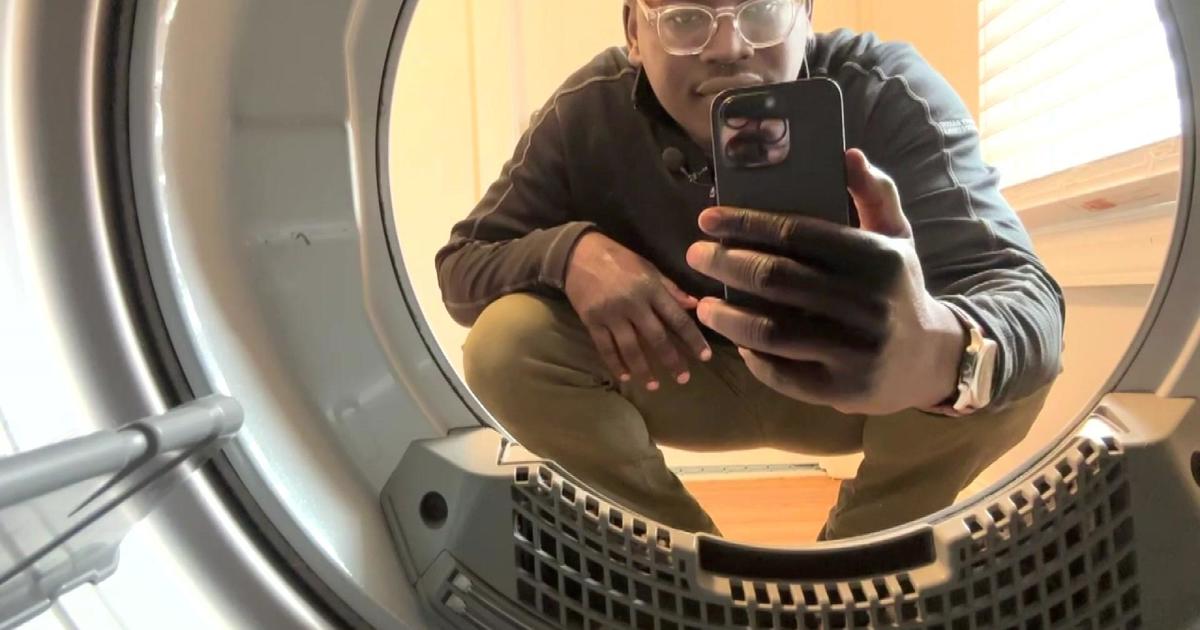New Therapy For Heart Rhythm Problem
MINNEAPOLIS (WCCO) -- As Valentine's Day approaches it may be good to have your heart all aflutter.
But, for up to three million Americans, it is a daily occurrence and that is not a good thing. They have the most common heart rhythm problem: atrial fibrillation.
Dr. William Katsiyiannis, a cardiologist at the Minneapolis Heart Institute, describes atrial fibrillation as a short circuit of sorts, in which misfiring electrical signals trigger unsynchronized contractions.
"Atrial fibrillation is an erratic [beating of the] heart that starts in the top chambers, the atria, and causes the heart to beat fast and irregularly," Dr. Katsiyiannis said. Untreated, the long-term complications can include stroke cardiac arrest, and death.
While medications work for some and pacemakers for others, Katsiyiannis has become a fan of Arctic Front by Medtronic. Arctic Front relies on cryoablation to flash-freeze the inner surface of the heart's upper chambers, changing the tissue and calming the chaos. The frosty therapy is delivered with a tiny balloon inserted by catheter.
During the procedure, the balloon's position is adjusted inside the atrium. A nitrous oxide compound is then pumped into the inflating balloon, bringing it into tight contact with the lining of the heart chamber. Temperatures in the heart fall to minus 45 degrees Celsius as the ablation takes place.
Heat ablation has been used successfully as well, but Dr. Katsiyiannis says the cold approach may have advantages.
"The freezing technology may allow us to do it more predictably and to be safer in this area of the heart," he said. "If we use heat energy we may ablate a hundred different spots. If we use freezing energy it may be as little as four applications or eight applications. So it covers more territory in the same time."
In the clinical trial that won FDA approval in December, 245 patients at more than two dozen sites were randomly chosen for study. One year after treatment 70 percent of the patients who received the Arctic Front cryoablation were free of atrial fibrillation. Patients generally go home the day after treatment.
The exact cause of atrial fibrillation isn't known. It can occur in healthy hearts, but is more common in people with diabetes, high blood pressure and age. Symptoms can be heart fluttering, a racing pulse, shortness of breath, and sometimes chest pain.



